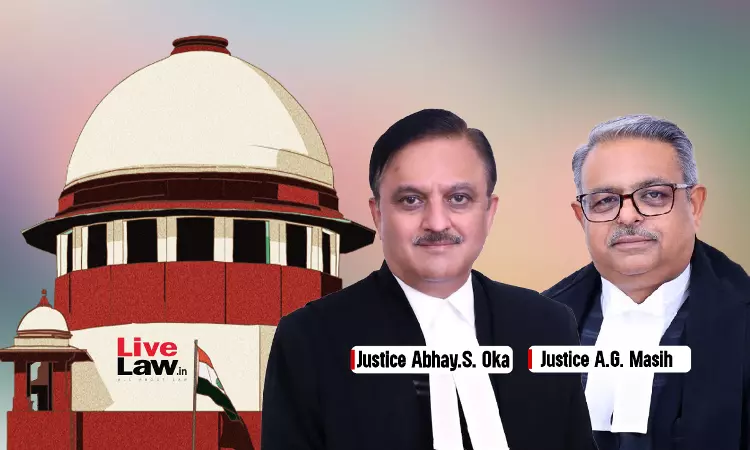Impossible Condition To Deposit Money Shouldn't Be Imposed To Suspend Sentence : Supreme Court
Amisha Shrivastava
25 Oct 2024 3:01 PM IST

Next Story
25 Oct 2024 3:01 PM IST
The Supreme Court today (October 24) held that if a condition to deposit an amount imposed by the appellate court while suspending sentence of a convict is impossible for the appellant to comply with, it may defeat the right to appeal and violate appellant's right under Article 21 of the Constitution.“Whenever a prayer is for suspension of the sentence of fine, the Appellate Court must...
